On World Asthma Day, we reach out to a pulmonologist and survivors who continue to find ways to navigate rising AQI levels in Mumbai. Plus, a case study and a checklist from their own books to keep triggers at bay
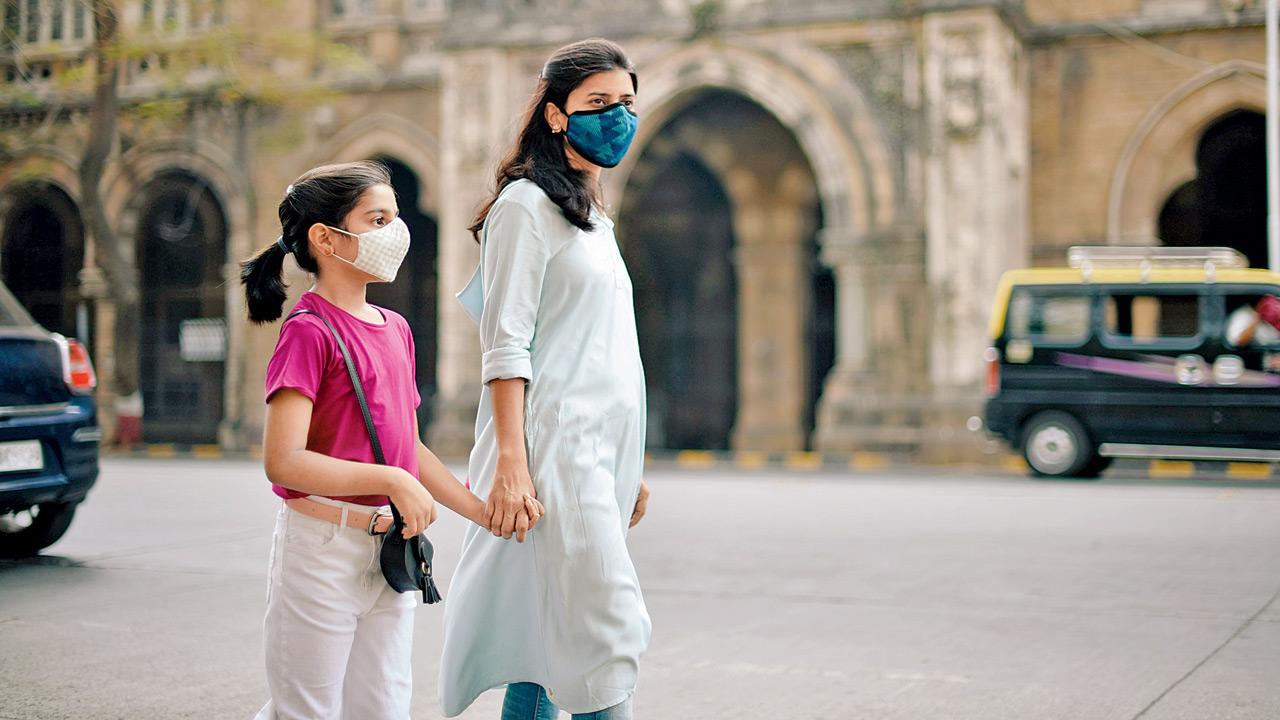
Masking up can help asthmatics, young and old, avoid triggers. Representation Pics/istock
The dust and inevitable concretisation around the city have become part of a Mumbaikar’s lives. In a report by this newspaper (April 22, 2025), a four-year study by Respirer Living Sciences revealed that Mumbaikars continue to breathe air with PM10 (particulate matter) levels in the city consistently above the national safety threshold of 60 micrograms per cubic metre all-year round.
“Though asthma is influenced by many other conditions, presently, the poor air quality tops it all,” shares Dr Sundeep Mestri, pulmonologist, MGM New Bombay Hospital, Vashi. Describing recurrent cough, runny nose and breathlessness as common symptoms, Mestri points out that the symptoms are manageable, provided the right measures.
Dusty city
Tejasvi Momaya is among the many adapting to the situation. The 33-year-old Thane resident’s asthma flared up over the last few months. Like many asthmatics, she relies on her inhaler and medications. However, she recommends additions.
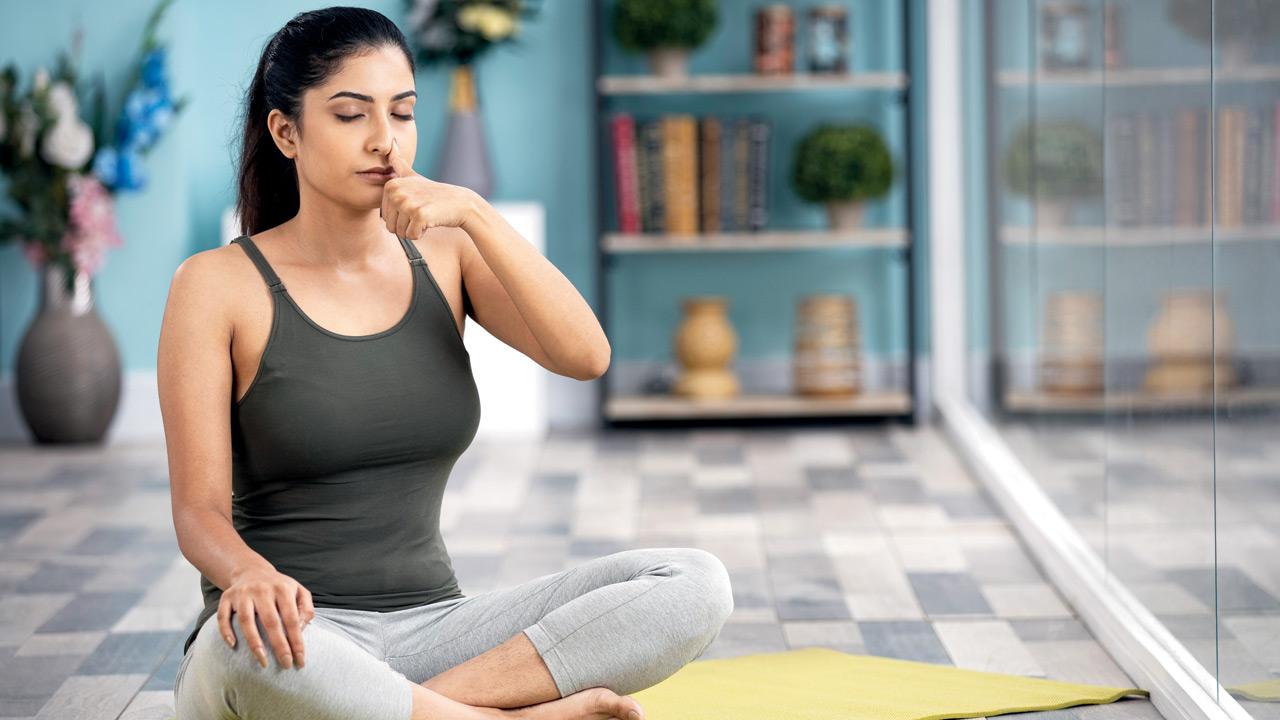
Regular breathing exercises and yoga can help alleviate asthma symptoms
“An air purifier at home helps. When it gets too stressful, I occasionally take a break from the city, preferably in the hills,” she shares. Radhika Bhatia does not always have that luxury, being an entrepreneur. A resident of Vikhroli, Bhatia has suffered from congenital asthma. “While my resistance has improved, I am still vulnerable to exposure to dust particles and pollution,” she admits.
The solution lies in self-care and adapting. Knowing her condition, the 29-year-old chooses to limit where and when she commutes in the city. “I always protect myself by wearing a mask. My choice of commute will be through my car, or a cab,” she shares.

Radhika Bhatia
Hitarthi Pandya did not let her acute bronchitis stop her work, even in the dusty Mumbai summer. “I have come up with a travel kit of my own, that is a part of my outfit,” she reveals. Equipped with two double-masks, a nebulizer and medication, the kit helps her stay on point.
Learning through illness
For Pandya, the struggle with allergies and wheezing led to a personalised solution after several trial-and-error methods. She suggests speaking to an expert to adopt the use of supplements like liposomal vitamin C and a lung detox to boost the immune system. “I have developed a routine every night. I opt for a session of salt water gargling, and some somatic exercises before bed. The somatic exercises help open up my chest to enable better breathing,” she says. Bhatia opts for regular steam inhalation in addition to the breathing exercises.
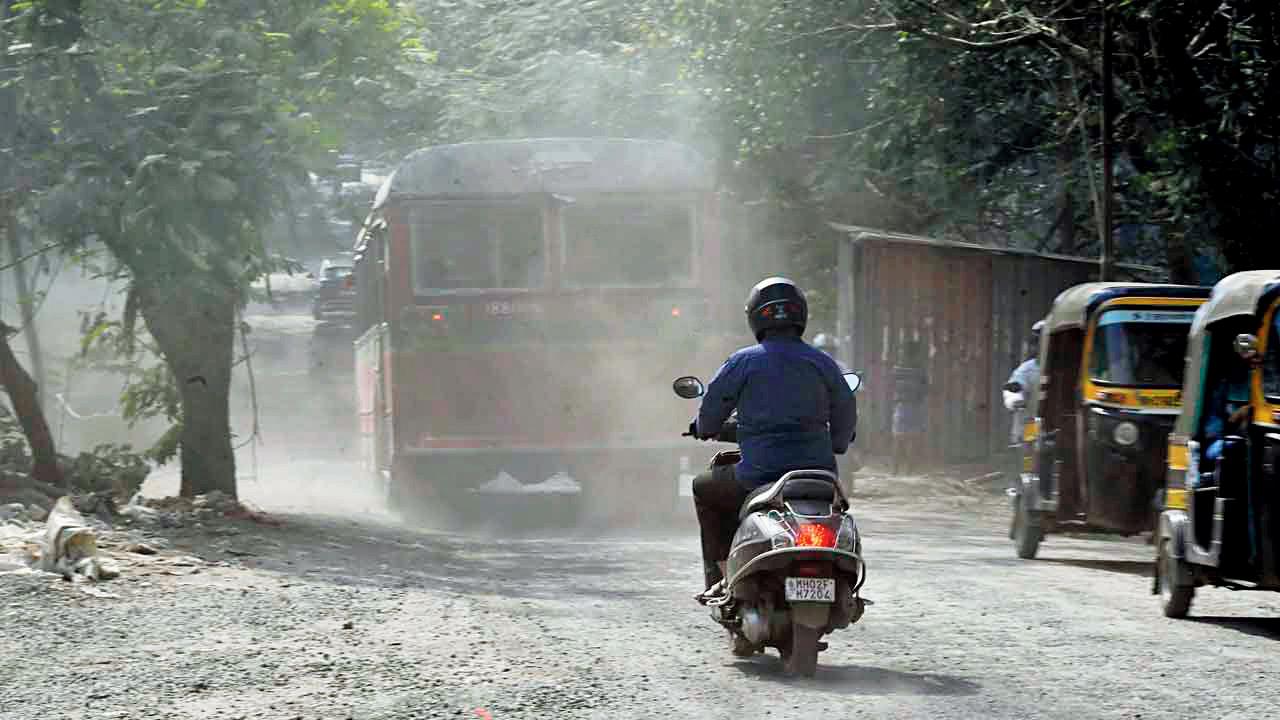
The rising dust particles from debris, construction and traffic has led to a rise in respiratory illnesses across the city. PIC/ASHISH RAJE
Diet also plays an important role in reducing inflammation. Pandya observes, “I avoid any food that can cause bloating, or eating till my stomach is full. It causes the stomach to pressure the diaphragm. You cannot fix the external issues completely, but do not let it stop you from your goals.”
Effective management
Understanding your symptoms and managing them can help, shares Mestri. “Early medical treatment should be administered to avoid viral and bacterial infections. Adequate respiratory exercises, especially physical activity should be encouraged in both groups (young and old) to keep their cardio healthy.”
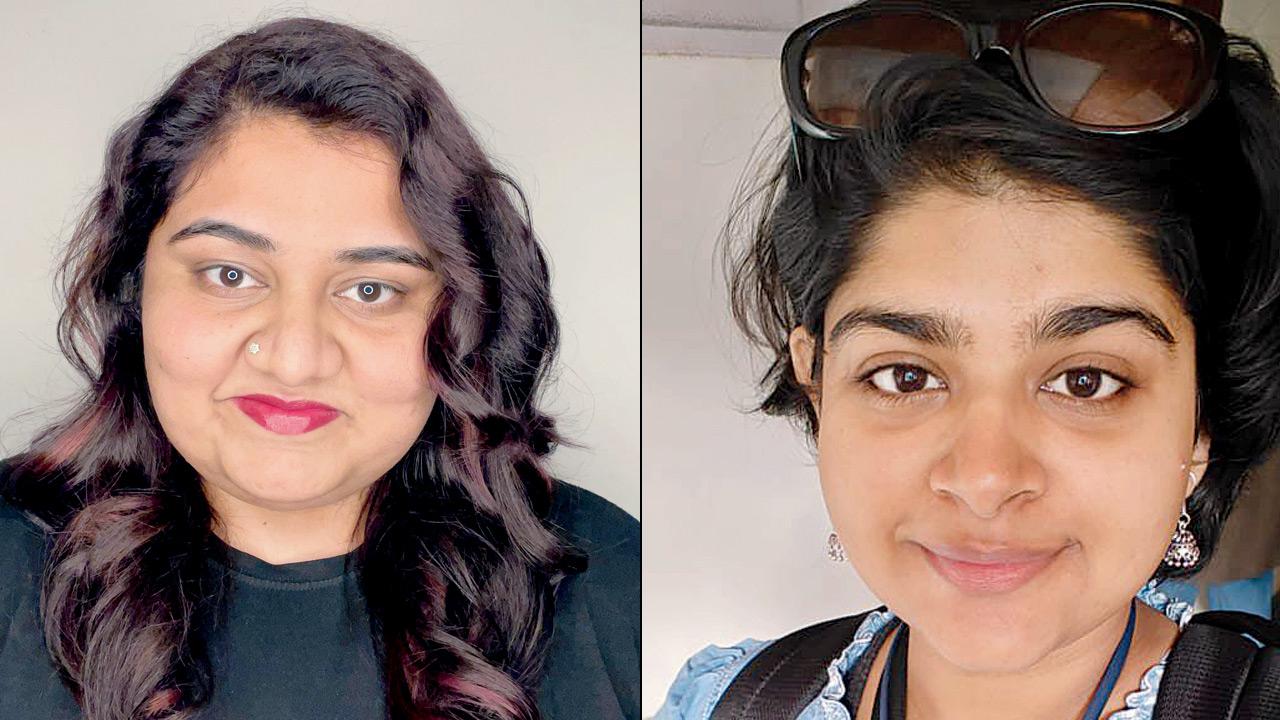
Tejasvi Momaya and Hitarthi Pandya
Breathe easy with these tips
>> Double-mask when stepping out
>> Steam, and somatic exercises on a regular basis
>> Avoid smoking
>> Avoid dusty places and commute only when needed
>> Understand your body’s needs, and act accordingly
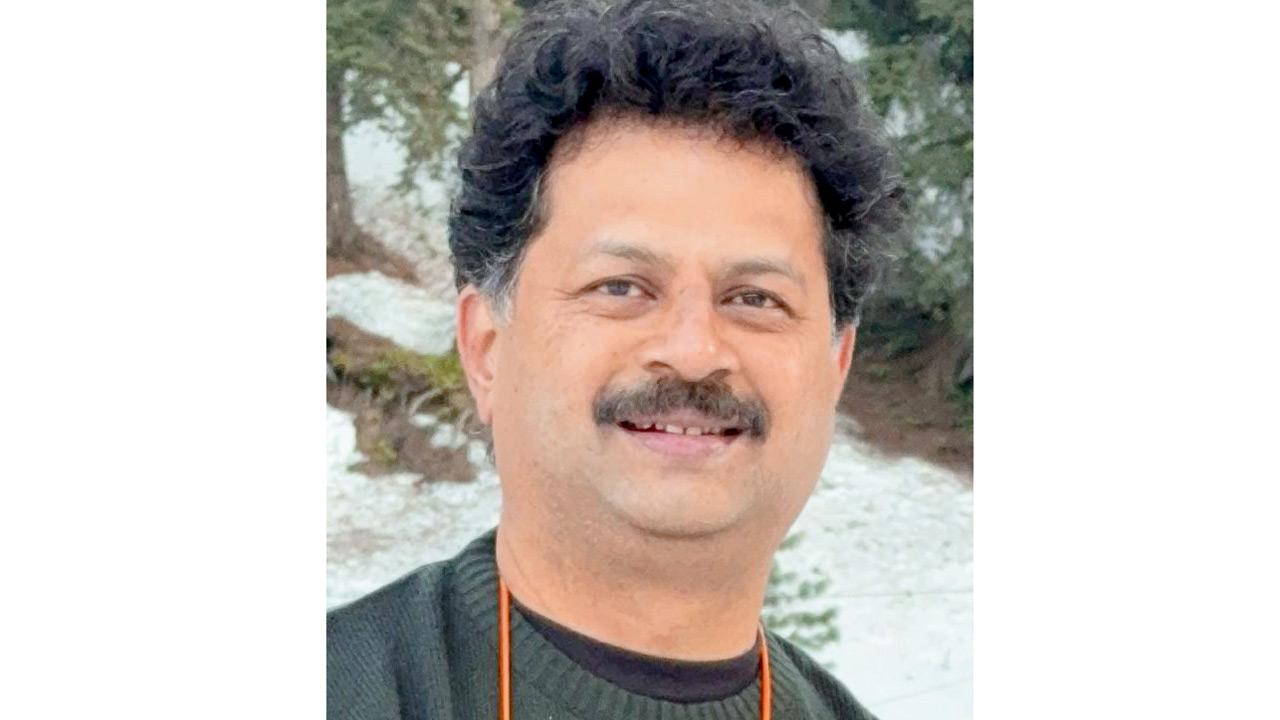
Dr Sundeep Mestri
Case study: Be alert, act soon
A 45-year-old traffic constable had recurring bouts of sneezing, redness of eye and coughing over the last one and half year. In the recent past, he had developed breathlessness as well. The significant wheezing and breathlessness inhibited his walking. He was started on bronchodilators, anti-allergies, cough suppressant, and inhalers. Within 10 days, he showed improvement. The issues returned when he stopped medication. I had to explain that if he wishes to stay healthy, the inhalers had to continue. The moral of the story is early and continued medication, as long as your physician advises. Do not self-medicate.
Courtesy Dr Sundeep Mestri
 Subscribe today by clicking the link and stay updated with the latest news!" Click here!
Subscribe today by clicking the link and stay updated with the latest news!" Click here!








